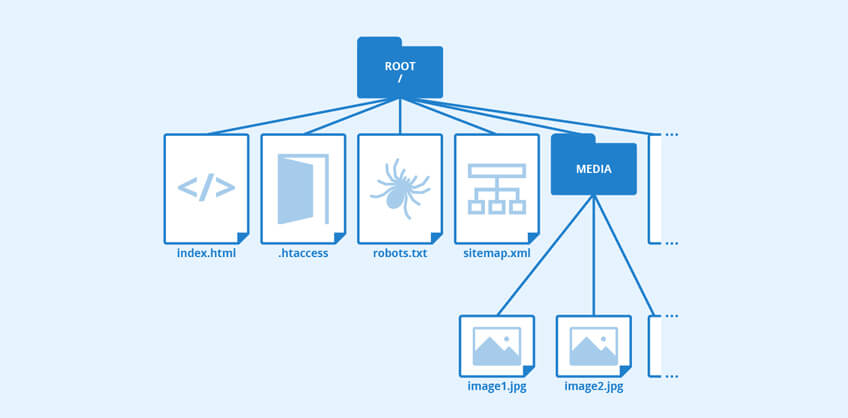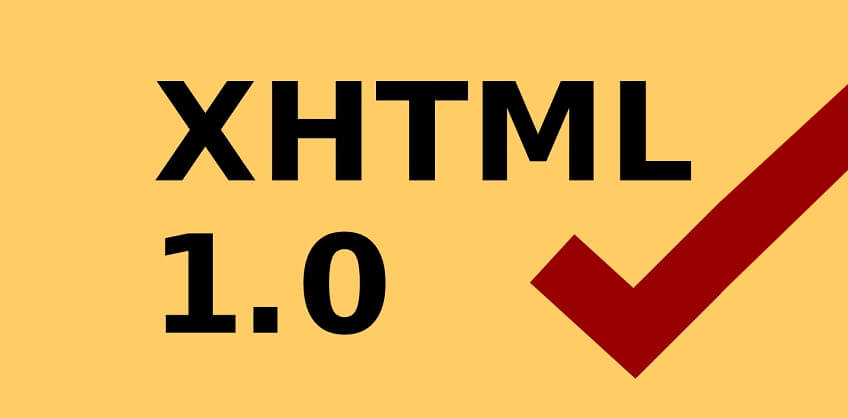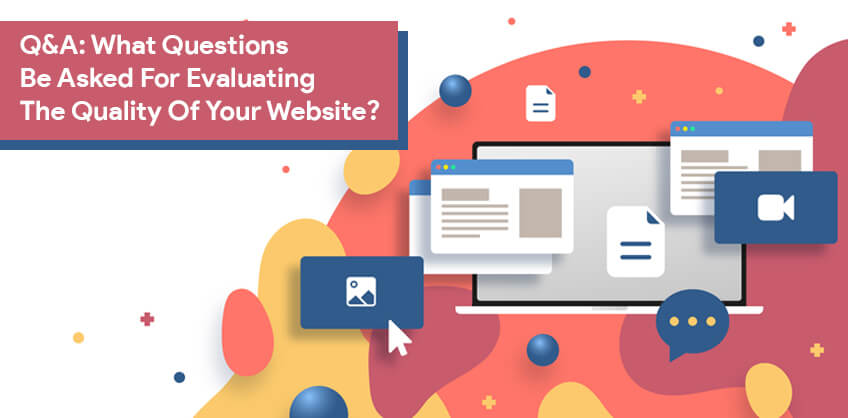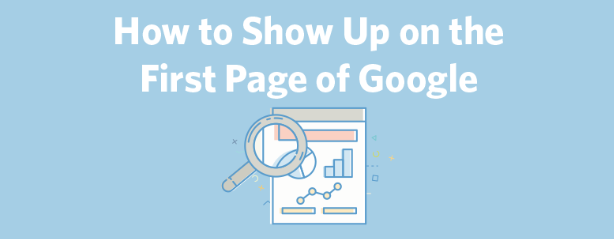April 13, 2018
The solution of a problem can only be obtained when the exact problem is known at the first place!
Nothing in this world is perfect and that applies to your website as well! It is important to make continuous evaluation of the website in order to find problem and make adequate fixes.
There are many things which can go wrong in a website, be it technical SEO, on page optimization, page speed and many other things.
If you are ready to find the flaws of your website then this post is worth of your attention. Read some of the prominent questions that you should ask for evaluating the quality of your website
Question 1: Do your webpages contain multiple H1 tags?
SEO consultant from best SEO agencies suggest that H1 tag shows the focus of page’s topic and therefore it should occur once in a webpage. There should never be multiple H1 tags on the page. Including more than one H1 tag means you are actually diluting the focus of the page and making it highly confusing.
Question 2: Is the website highly crawlable?
Major issue which adversely affect a website are 4xx and 5xx error. Crawl error are grave and problematic. If Google cannot access your website or cannot read its content then it will never be able to produce the website on search results. Crawl error leads to significant decrease in your site performance and conversion.

Question 3: Is error page configured properly?
There can be many issues which may be surfacing due to error pages not properly configured. A properly configured error page help search engine see what exactly the page is all about.
If an error page is not properly configured it will produce conflict in crawling and indexing.
The easiest and safest solution to this problem is to make sure all pages adequately display status and explain what that status is like 4xx error page should show 4xx error with 4xx statuses. Similarly 5xx page should display 5xx statuses. Using any other configuration will create confusion and will not help when specifying the issue. Adequately identifying issues is a correct manner will help in increasing the quality of website.
Question 4: Does navigation of your website use javascript?
Austin SEO professionals suggest using navigation that uses javascript for its usage tend to interfere with the working of cross platform and cross browser compatibility. Try not to use javascript for navigation.
You can create a great effect through straight CSS 3 coding, which should be used for navigation. If your website is based on responsive web design, then this should be part of it.

Question 5: Are URLs resolving in single case?
Like the issue of canonical, URLs in multiple cases can create duplicate content which result the search engine to significantly reduce your site ranking. This issue of duplicate content arises as search engine see instances of URLs at once.
To avoid this issue of multiple cases URL, make sure to add a lower command to the website htaccess file. This way all multicase URL would be rendered as one canonical URL you choose.
Question 6: Is your site own a flat site architecture?
Using flat architecture is good but hardly lend itself well to topical focus and organization. Flat architecture make all the site pages dumped in root directories and there is no focus left on topics or related topics and disorganization comes in.
Using solid architecture help to group webpages by topics and themes. This helps in linking structure that reinforces the focus of the topic.
Doing this help search engine understand what you are trying to rank for. Sites with narrow topical focus, a flat architecture is a good to go.

Question 7: Does your website have thin content?
You should create a content which is capable to adequately give answer to the users query. A content which provides no value is considered to be a thin content. Thin content cannot be measured by word count but by the quality, authority, uniqueness, trust and relevance. While creating content make sure that your content is highly unique and valuable. Make sure that your created content authoritatively satisfy the users intent
Question 8: do you plan to reusing existing code or create a site from scratch?
You may feel copy pasting codes can be really easy but it is not that simple you think. If you have ever seen website that seem to give error in every line of code while checking W3C validator?
This usually happens because probably developers copied and pasted the code that was written from one DOCTYPE and used for another. If you copy code from XHTML 1.0 into an HTML 5 DOCTYPE, then definitely you can expect to see many errors. This is important to consider while transferring the site from wordpress the DOCTYPE that is being used.

Question 9: Does the site have schema.org structure data where applicable?
Schema is a crucial element to get rich snippet in SERP on Google. There may be a time when your site does not lend well to certain industry that have specific structured data element, there are many ways to add structured markup everyday.
Doing audit is highly useful for finding how the site is performing. If there is any inequity, you can correct it by adding scheme like:
Navigation
Logo
Phone number
Contain elements which are common for a website.

Question 10: Does the site owns a XML sitemap?
A factor which enhances the quality of a website is XML sitemap. XML sitemaps makes it really easy for search crawlers to crawl the website. Things like 4xx and 5xx error in sitemap, non canonical URLs, blocked pages in the sitemap or it is too large. All these issues should be looked after to see how they impact the quality of website.
These questions are highly vital consider asking these question to analyse the quality of your website correctly.

Recent Posts
ARE YOU A LEADING SEO SERVICE PROVIDER?
Get listed in world's largest SEO directory today!
Directory listing counter is continuously increasing, be a part of it to gain the advantages, 10207 Companies are already listed.






























